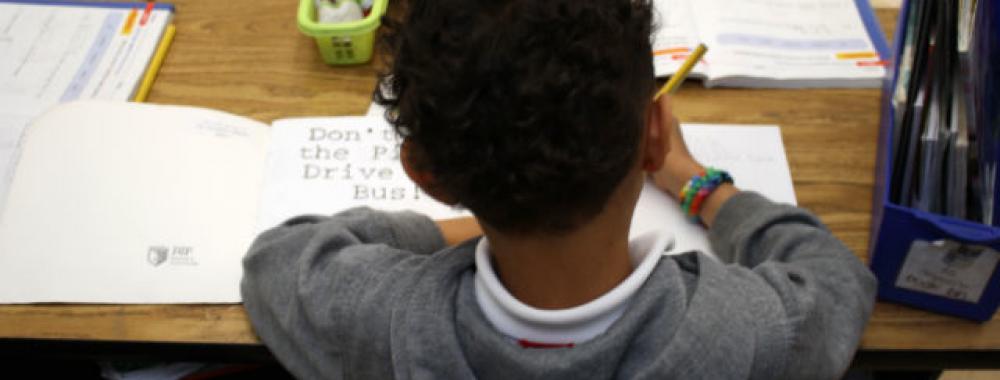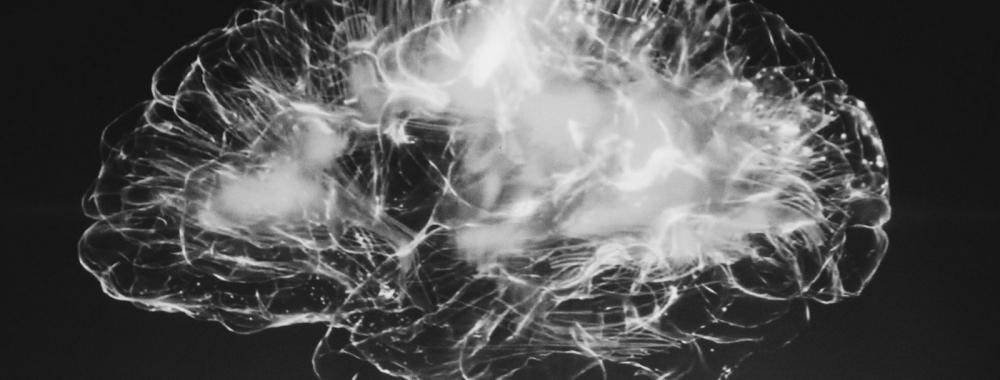These are the articles and questions covered during our Summer 2020 Zoom meetings.
To join the reading group listserv and attend the meetings, please email us at somaucdavis@gmail.com
These are the articles and questions covered during our Summer 2020 Zoom meetings.
To join the reading group listserv and attend the meetings, please email us at somaucdavis@gmail.com

The National Institute of Neurological Disorders and Stroke (NINDS) at the National Institutes of Health (NIH) has a number of initiatives spanning training, education, and funding to promote diversity within the neuroscience workforce. In an article recently published in Neuron, Dr. Michelle Jones-London, highlights NINDS programs and funding opportunities that promote diversity in the workforce. Beyond describing funding initiatives, Dr. Jones-London also outlines steps that individuals and institutions can take to promote change and equity in neuroscience.
Discussion questions are available here.

This week’s article is a short summary of a 2010 review by Joseph Henrich and others, containing 15 years of human psychological research. By travelling the globe and recruiting participants from a vast cross-cultural sample to participate in basic cognitive tests and games, the authors found groundbreaking evidence challenging foundational psychological assumptions. We all understand the pitfalls of drawing conclusions about a population from a sample. But from gambling behavior to visual perception, the review lays out the myriad ways the people who make up the bulk of human psychological research are not only a small and potentially skewed sample of the global population, but in fact are atypical. We in the Western world are not merely using a small sample and making acceptably flawed approximations of the human species, as the leaders of the field long assumed, but are relying on a group of largely undergraduates who are demonstrably outliers. While our discussion must stay focused on psychology and neuroscience research due to time constraints, I think the article is deeply fascinating and will lead to interesting discussions across many topics about culture and the nature of humanity.
Discussion questions can be found here.

This week’s article focuses on code-switching, a strategic change in communication style and expression that many Black professionals find themselves doing in order to fit into majority-White organizations. Although code-switching can be seen as an adaptive behavior, the psychological costs are alarming, and include burnout, isolation, and hindered performance. The authors emphasize the need for organizational reform that attenuates this additional cost placed on Black employees, and make concrete suggestions on how to enact these changes at the individual and organizational level.
Discussion questions are available here.

This article discusses how race, which students are labeled as having a disability, and suspension/arrest rates are linked in K-12 education. It follows a school in Oakland, California implementing novel solutions to holistically facilitate student retention in the face of these systematic factors. Understanding these mechanisms can help to inform policies inclusive of people from diverse backgrounds beyond grade school.
Discussion questions are available here.

This meeting's article emphasizes that students from underrepresented backgrounds bring with them entirely different sets of values, needs, strengths, weaknesses, and insights that are needed in academia and academic culture. The authors discuss the challenges that graduate students of color face in the White, male-dominated field of Sociology from an intersectional point of view. Most importantly, this article highlights the invaluable role that effective mentorship plays in the success of graduate students from underrepresented backgrounds, and ways to improve mentoring in an academic setting to foster the success of students from diverse backgrounds and reap the benefits of diversifying academia.
Discussion questions can be found here.

The selected article discusses how practices in addiction research have unintentionally justified and exacerbated harmful drug stigma and drug policy that forms the foundation of racist law enforcement practices. The racist and deadly "war on drugs" in America is a prime example of the harm that comes from ignoring the social context of our research from inside our academic bubble. This piece presents an opportunity to question the societal consequences of our science and the many ways we can inadvertently contribute to unjust systems in our efforts to secure funding or publications.
Discussion questions can be found here.

The article we are discussing for our first reading group installment encourages us to reframe the issue of implicit and unconscious biases and think of their role in the "larger context of racial segregation, exclusion, and systemic inequities". While implicit bias is an incredibly important topic that should be discussed, it is not the only societal problem contributing to inequality. It is equally important to consider how and why these biases arise and the ways they influence and perpetuate systems that contribute to structural racism.
Discussion questions can be found here.